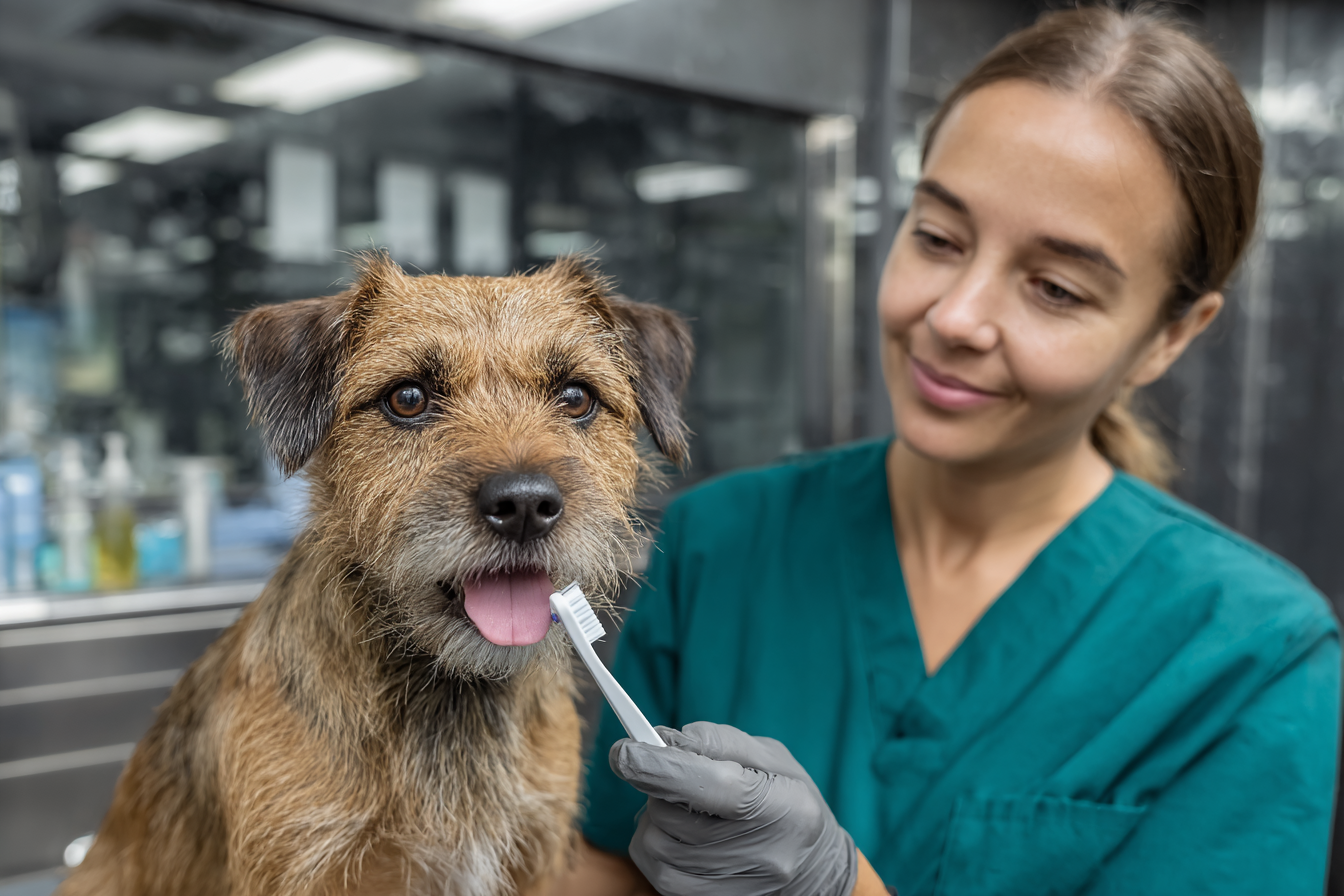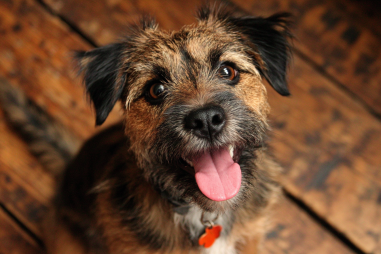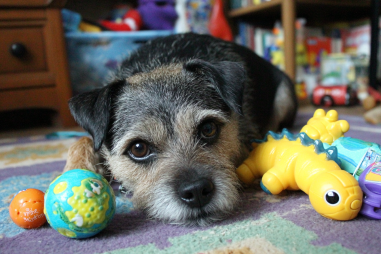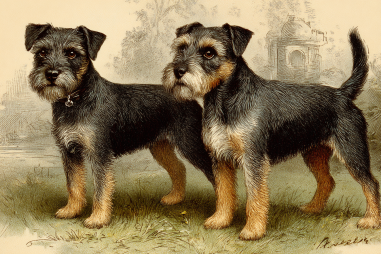Ensuring your Border Terrier’s dental health is an essential part of keeping your furry friend happy and healthy. Just like humans, dogs can experience a variety of oral health issues that, if left untreated, can lead to pain, difficulty eating, and even more serious health complications. Fortunately, with consistent care and attention, you can help maintain your Border Terrier’s bright smile and overall well-being. This article will guide you through the importance of dental care, common dental problems your dog may face, practical brushing tips, diet recommendations, and how to recognize signs of dental disease early on.
Why Dental Care Is Important for Dogs
Many dog owners may underestimate the significance of dental care, but a healthy mouth is vital for your Border Terrier’s overall health. Poor dental hygiene can lead to the build-up of plaque and tartar, causing painful gingivitis, periodontal disease, and tooth loss. Moreover, oral infections can allow harmful bacteria to enter the bloodstream, potentially impacting major organs such as the heart, kidneys, and liver.
In small breeds like Border Terriers, dental problems are particularly common due to the size and shape of their mouths, which can make plaque accumulation easier or more rapid. Prioritizing dental care reduces pain, prevents costly veterinary treatments, and improves your dog’s quality of life.
Common Dental Issues in Border Terriers
Understanding the dental problems that Border Terriers often face will help you spot potential issues early on. Some of the most common dental conditions include:
- Plaque and Tartar Buildup: Plaque is a sticky film of bacteria that forms on the teeth. If not removed by brushing, it hardens into tartar, which can only be removed professionally.
- Gingivitis: This inflammation of the gums is an early stage of periodontal disease, causing redness, swelling, and bleeding.
- Periodontal Disease: A serious infection that damages the tissues supporting the teeth, often leading to tooth loss and severe discomfort.
- Broken or Loose Teeth: Border Terriers love to chew, which sometimes results in fractured or loose teeth that can become painful or infected.
- Bad Breath (Halitosis): While occasional bad breath is normal, persistent foul odor is often a sign of dental disease.
How to Brush Your Border Terrier’s Teeth
To keep your dog’s teeth clean and healthy, brushing is the most effective home care method. Here’s how to make it a positive experience for both you and your Border Terrier:
- Choose the Right Toothbrush and Toothpaste: Use a soft-bristled toothbrush designed for dogs or a finger brush. Only use toothpaste formulated for dogs because human toothpaste can be toxic to them.
- Get Your Dog Comfortable: Start slowly by letting your Border Terrier sniff and taste the toothpaste. Gradually introduce the toothbrush and gently rub their gums and teeth with your finger first.
- Establish a Routine: Aim to brush your dog’s teeth daily or at least several times a week. Consistency helps your dog become accustomed to the process.
- Proper Technique: Gently lift your dog’s lips and brush at a 45-degree angle to their gum line, using small circular motions to remove plaque. Focus on the outer surfaces of the teeth, especially the back molars where buildup is more common.
- Keep Sessions Short and Rewarding: If your dog shows signs of stress, stop and try again later. Always end with praise or a favorite treat to associate tooth brushing with something positive.
Dental-Friendly Diet and Chew Toys
A healthy diet and appropriate chew toys can significantly contribute to your Border Terrier’s dental hygiene. Here are some guidelines to follow:
- Feed Dental-Specific Kibble: Some dog foods are designed to help clean teeth as your dog chews by minimizing plaque buildup.
- Provide Dental Chews: Chew treats made to promote oral health help reduce tartar and stimulate saliva production, which naturally cleans the mouth.
- Choose Safe Chew Toys: Durable rubber or nylon toys encourage chewing without damaging teeth. Avoid hard bones or antlers that may cause fractures.
- Limit Sugary Snacks: Avoid giving your dog sweets or human food that can contribute to dental problems.
Professional Dental Cleanings
While home care is vital, regular veterinary dental checkups and cleanings are essential for maintaining your Border Terrier’s oral health. Most dogs require professional cleanings at least once a year, depending on their dental condition. During the cleaning, the veterinarian will:
- Perform a thorough oral examination
- Remove plaque and tartar from above and below the gum line
- Polish the teeth to reduce future plaque buildup
- Address any existing dental issues, such as extractions or treatment of gum disease
Professional dental cleanings are performed under general anesthesia to ensure thoroughness and safety. If you notice signs of dental disease, schedule an appointment promptly to prevent progression.
Signs Your Border Terrier May Have Dental Disease
Being vigilant about changes in your dog’s oral health helps catch problems early. Watch out for these signs:
- Persistent bad breath
- Red or swollen gums
- Excessive drooling
- Difficulty eating or dropping food
- Loose, broken, or missing teeth
- Bleeding from the mouth
- Swelling around the muzzle or under the eyes
- Behavioral changes such as irritability or reluctance to be touched near the mouth
If you notice any of these signs, consult your veterinarian promptly for an evaluation.
How to Make Dental Care Stress-Free for Your Border Terrier
Incorporating dental care into your Border Terrier’s routine doesn’t have to be stressful. Here are some helpful tips for making it easier:
- Start Early: Begin dental care practices when your dog is a puppy, or as soon as you bring them home, so they become familiar with the process.
- Be Patient: Introduce brushing gradually, keeping sessions short and positive.
- Use Gentle Handling: Respect your dog’s comfort level and avoid forcing the process if they resist.
- Combine Care with Playtime: Use dental chew toys and treats as part of play, making oral care more enjoyable.
- Seek Professional Help: If you have trouble brushing your dog’s teeth at home, your veterinarian or a professional groomer might be able to assist or suggest alternatives.
Maintaining your Border Terrier’s dental health is a vital component of responsible pet ownership. With consistent home care, the right diet, and regular veterinary checkups, you can help your dog enjoy a lifetime of healthy teeth and happy smiles.







